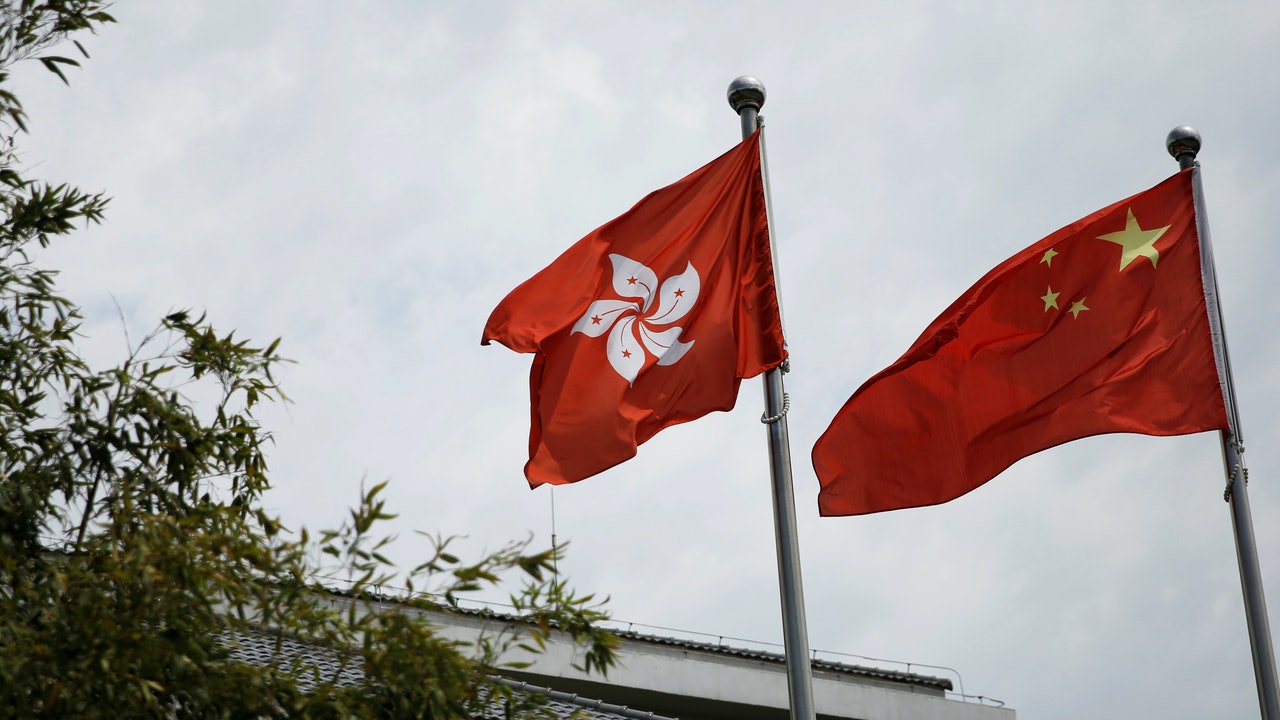Instant China
Written by: Peng Yunlin
2021-06-11 10:13
Last update date: 2021-06-11 10:14
The Standing Committee of the National People's Congress voted and passed the "Anti-Foreign Sanctions Law of the People's Republic of China", and President Xi Jinping signed a presidential order to be promulgated, and it will come into force on the day of promulgation.
The head of the Legal Work Committee of the Standing Committee of the National People’s Congress said in an interview with Xinhua News Agency that certain Western countries and organizations have used Xinjiang-related Tibet-related Hong Kong-related Taiwan-related issues as an excuse to interfere in China’s internal affairs. In the so-called "sanctions" of bullying by employees of agencies, organizations, and state agencies, the Chinese government has adopted powerful countermeasures to counteract certain individuals and organizations that behave badly and have no faith or morals.
On June 10, the 29th meeting of the Standing Committee of the 13th National People's Congress concluded in the Great Hall of the People in Beijing.
(Xinhua News Agency)
When talking about the background and purpose of the promulgation of the law, the person in charge of the Legal Work Committee pointed out that in recent years, some Western countries and organizations have used Xinjiang, Tibet, Hong Kong, Taiwan, sea, and epidemic out of political manipulation needs and ideological prejudice. Various issues and excuses, blatantly criticizing, discrediting, and attacking China’s domestic and foreign policies and related legislative amendment agendas, distorting, slandering, containing and suppressing China’s development, especially violating international law and basic norms of international relations, and violating China’s domestic laws and regulations State agencies, organizations, and state personnel impose so-called "sanctions" to grossly interfere in China's internal affairs.
The person in charge of the Legal Work Committee emphasized that China has always opposed any country and foreign forces from interfering in China’s internal affairs in any way. The Chinese government has repeatedly announced the implementation of corresponding countermeasures against individuals and entities in relevant countries. Heal his body."
The person in charge of the Legal Work Committee stated that the Standing Committee of the National People's Congress has adapted to the requirements of accelerating the promotion of foreign-related legislation and drafted, reviewed and passed anti-foreign sanctions laws in a relatively short period of time. This is an urgent need to counter the hegemonism and power politics of certain Western countries. It is an urgent need to safeguard national sovereignty, security, and development interests.
The promulgation and implementation of the law will help to counteract the containment and suppression of China by some foreign countries and organizations in accordance with the law, and crack down on the arrogant acts of foreign anti-China forces and hostile forces.
The former NPC deputies proposed to enact the Anti-Foreign Sanctions Law (Draft).
(Reuters)
As for why the law is named the Anti-Foreign Sanctions Law, the person in charge of the Legal Work Committee stated that the name of the law should reflect the main circumstances and key targets of the law's application.
The main purpose of enacting the anti-foreign sanctions law is to counter, counterattack, and oppose the so-called "unilateral sanctions" imposed by foreign countries on China.
"This is a directional and highly targeted special law with concise content and distinctive features. It is named after the "Anti-Foreign Sanctions Law", which can be said to be veritable and appropriate."
In addition, the person in charge of the Legal Work Committee also stated that the enactment and implementation of the anti-foreign sanctions law will not have an adverse impact on the country’s opening to the outside world. The Standing Committee’s Decision on Authorizing the Shanghai Municipal People’s Congress and its Standing Committee to formulate Pudong New Area laws and regulations. These are all new measures taken by the country to deepen reform and expand opening up.
The full text of the Anti-Foreign Sanctions Law is published. Citizens and organizations can sue for discriminatory restrictive measures
The Standing Committee of the National People's Congress voted to pass the "Anti-Foreign Sanctions Law" Xi Jinping signed the Chairman's Order
The National People's Congress Adopts Anti-Foreign Sanctions Law Tian Feilong Advocates the Acceptance of Annex San Ye Guoqian: No need for the time being
Sanctions against the National People's Congress (People's Congress)

